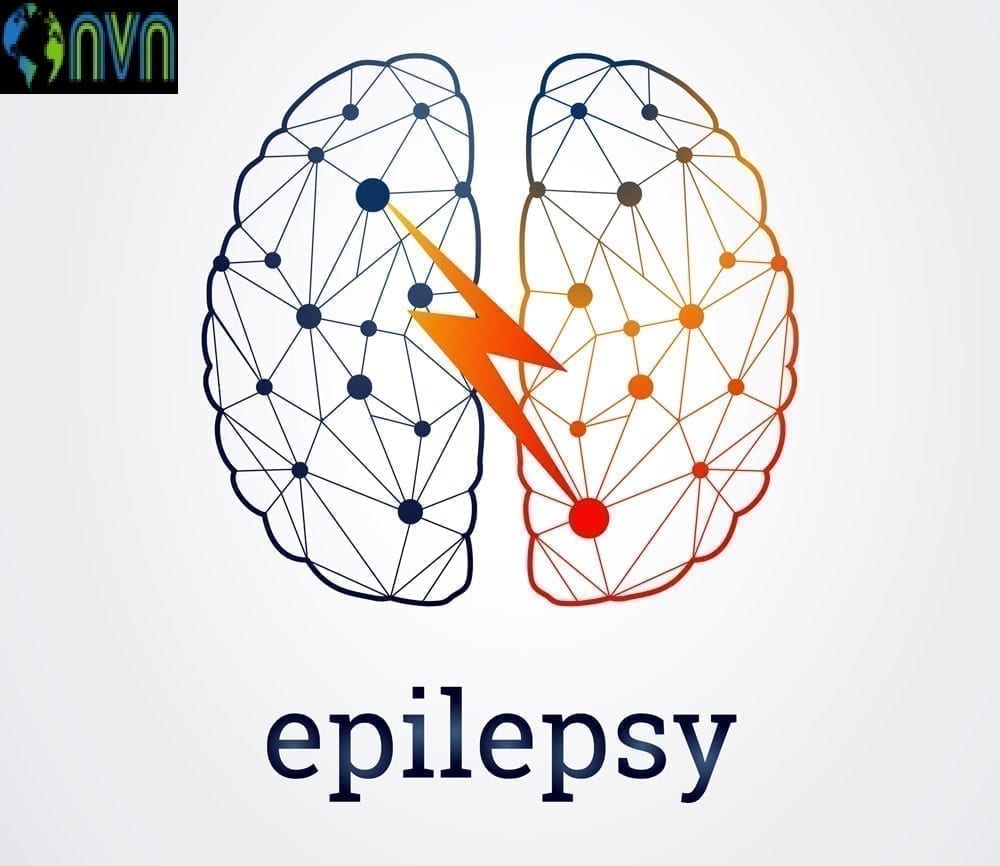Healthy Living
All you need to know about Epilepsy and emergency guidelines

Epilepsy is a chronic and debilitating disorder, which causes recurrent seizures, sometimes without any apparent cause. The term ‘epilepsy’ encompasses a group of neurological diseases, that is, conditions that affect the nervous system, characterized by epileptic seizures commonly referred to as ‘fits’. A seizure occurs when there is an abrupt burst of electrical activity in the brain. During an attack, the person’s behavior changes for a short while.
Patients with epilepsy may have more than one type of seizure and may have other symptoms of neurological problems as well. Epilepsy affects people of all ages – there are around 50 million people living with epilepsy worldwide, and more than 10 million people in India.
A seizure can be a primary generalized seizure that begins with a widespread electrical discharge that involves both sides of the brain at once. Hereditary factors play a role in this type of seizure. The second type of seizure is a partial seizure which begins with an electrical discharge in one limited area of the brain. These include head injury, brain infection, stroke, tumor, or changes in the way an area of the brain was formed before birth (called cortical dysplasias).
What happens during an epileptic attack?
Messages are constantly transferred across the brain cells and the cells are capable of either stimulating or stopping a signal from being transmitted. This activity is usually balanced properly in the brain however during a seizure there is an imbalance in this activity.
Emergency measures to deal with a person having a seizure:
- Until the attack is over, stay with the individual and ensure there are no objects nearby that may cause injury
- Watch and time the duration of the individual’s seizure attack
- It can be scary to witness a person undergoing a seizure attack, stay calm and collected as it will last for a few minutes
- Ensure that the person has a clear air passage and can breathe properly
- Keep their head supported and move them over to one side
- Do not apply excessive pressure on the person’s body to keep them still
- Do not put anything in the mouth of the patient
- Do not try to feed the patient or keep them any pills until they are fully awake and alert
Who is more susceptible to developing epilepsy?
Epilepsy is most commonly detected among children before the age of 1. There is a steady decline in the number of cases detected until the age of 10. The next age group that is at risk are people older than 55 years old when people become more prone to developing Alzheimer’s, brain tumors or stroke which can lead to epilepsy.
What triggers an epileptic attack?
Missing medications, a lack of sleep or disrupted sleep, illness (both with and without fever), heavy alcohol use or seizures after alcohol withdrawal, the use of cocaine and other recreational drugs such as ecstasy, hormonal or menstrual cycle changes, flashing lights or patterns, certain activities, noises or foods can trigger an epileptic attack.
Do’s and Don’ts for epilepsy patients
Do’s
- DO take your medications exactly as directed.
- Inform your family and friends what to do when you have a seizure.
- Get enough sleep
- Exercise often. It can help you stay healthy.
- Do keep an updated list of all medications you are taking and show it to your doctor. Also keep a list of all epilepsy medications you’ve tried.
- DO know that some epilepsy medications interfere with birth control pills.
- DO store pills as recommended.
Don’ts
- DON’T drive/ride
- DON’T swim alone
- DON’T operate heavy machinery and consider a job that is safe for you.
- DON’T drink alcohol.
- DON’T stop taking your medication, skip a dose or change your medication without your doctor’s approval.
- DON’T change the medication brand without your doctor’s approval.
It is a myth that people with epilepsy cannot lead a normal life. As long as an epilepsy patient puts in proper methods to manage the condition, it should not affect a person’s job prospects. An epileptic patient can handle stress and responsibility.
Authored article by Dr. Anuradha H K, Consultant – Neurology, Aster CMI Hospital































